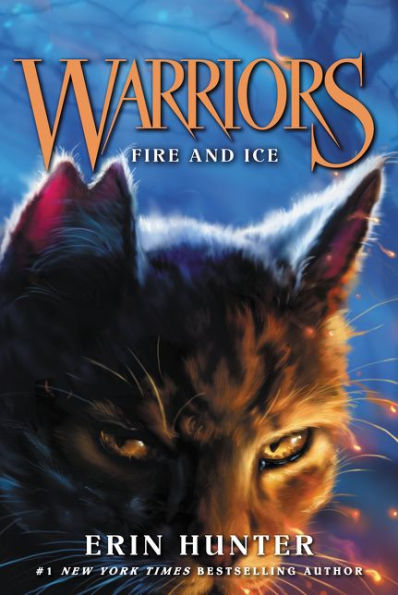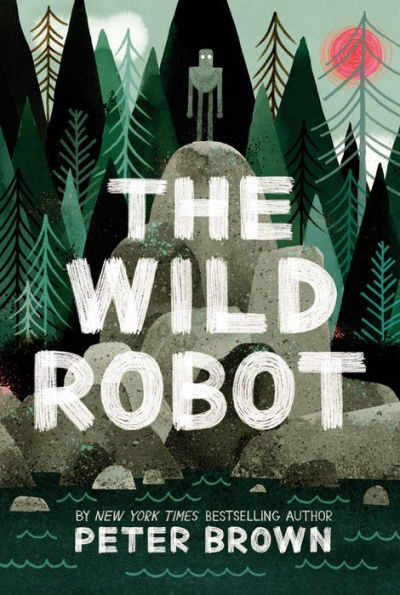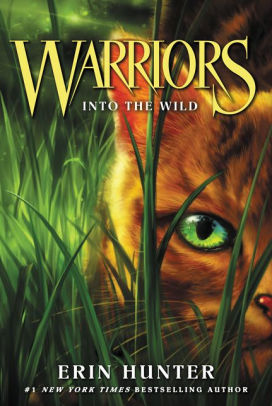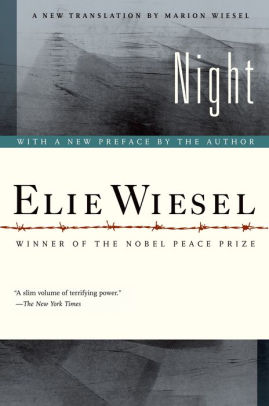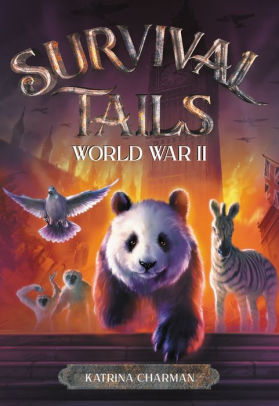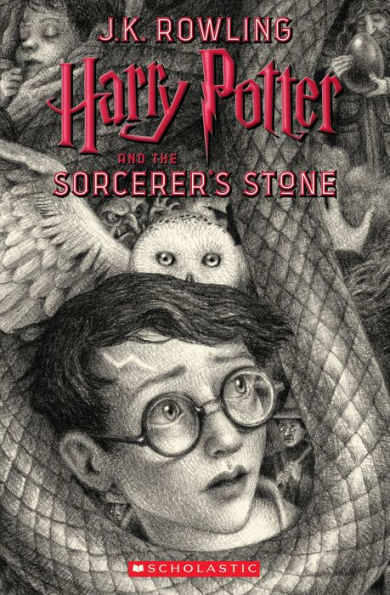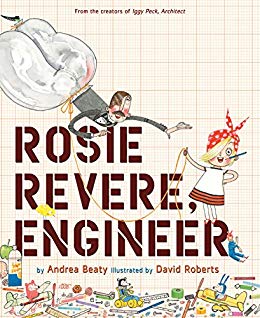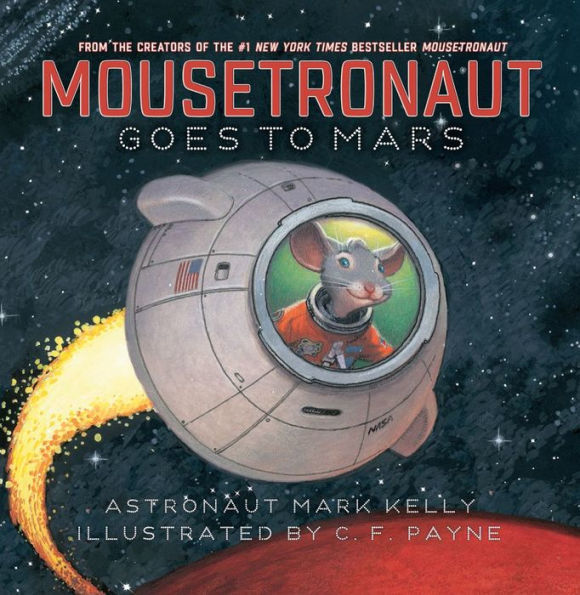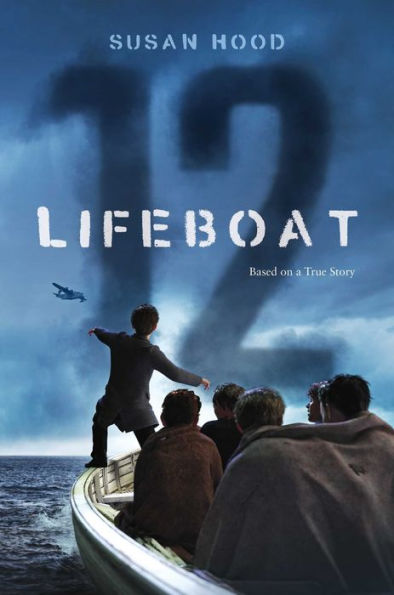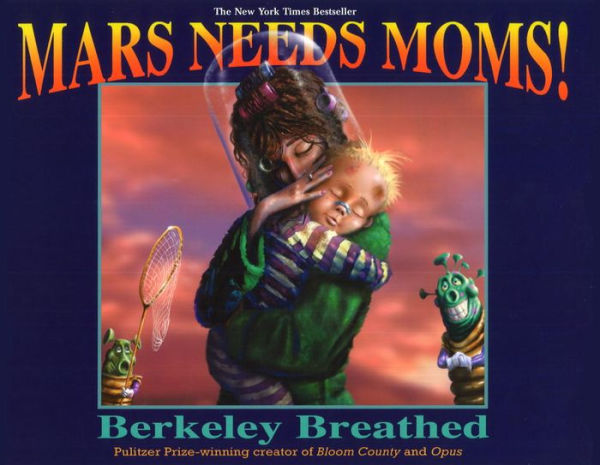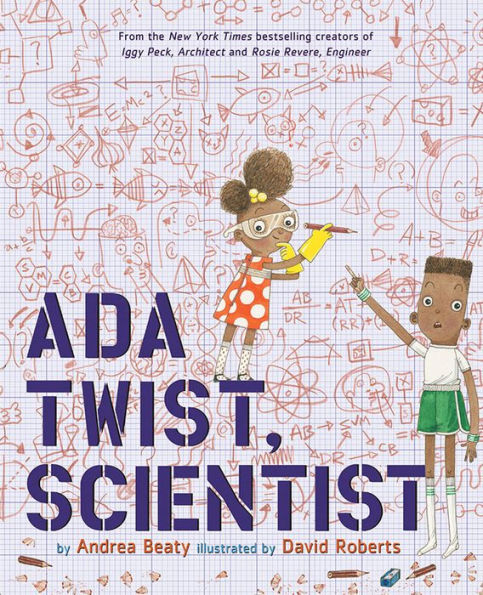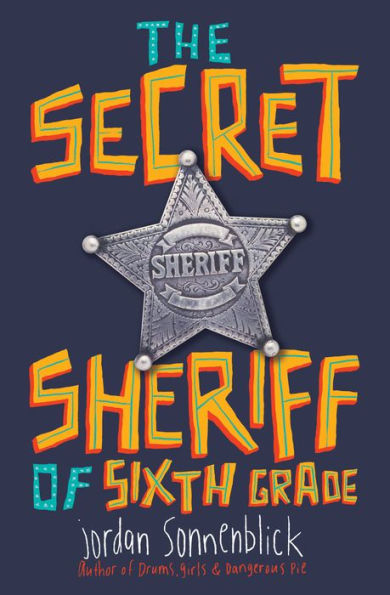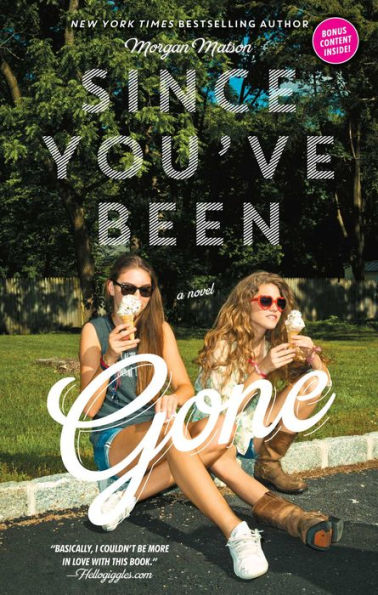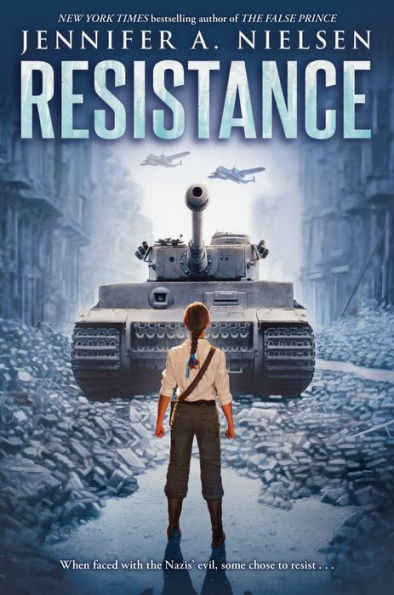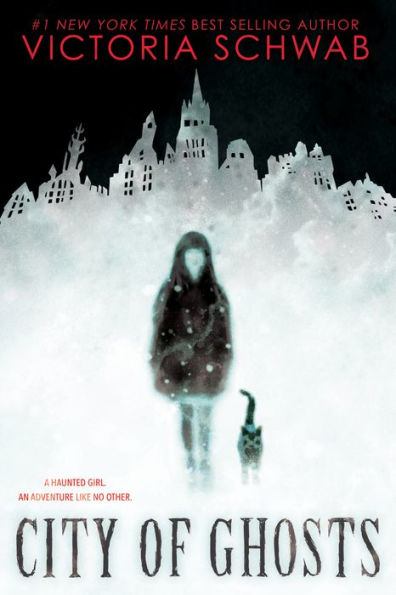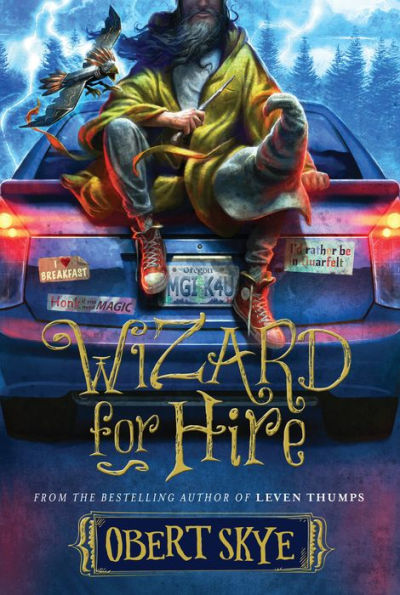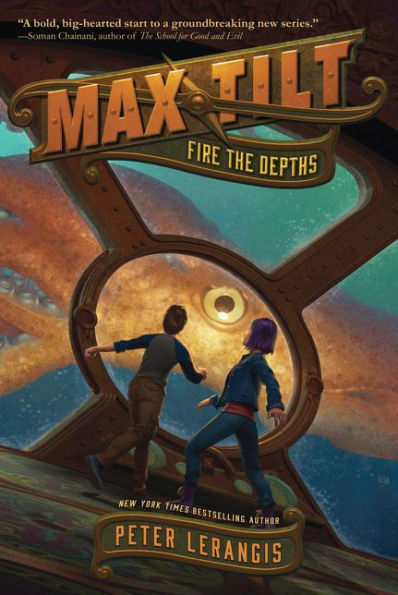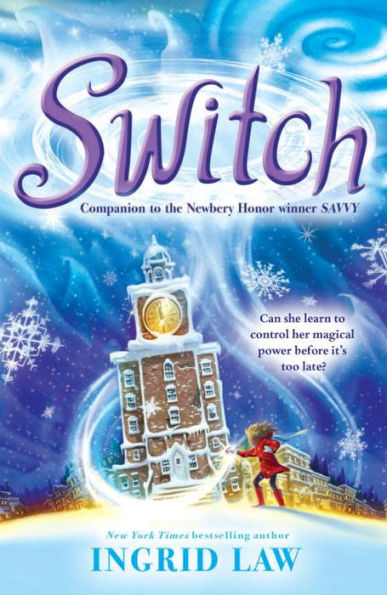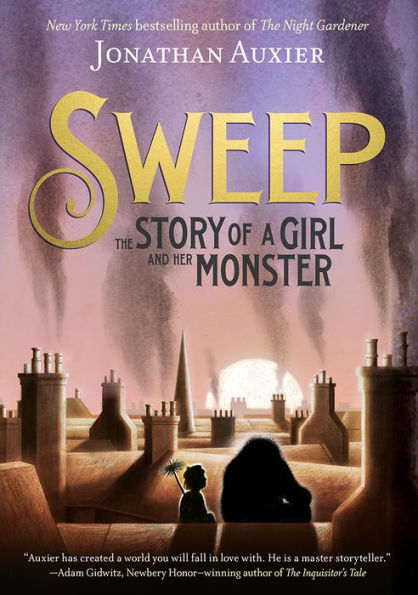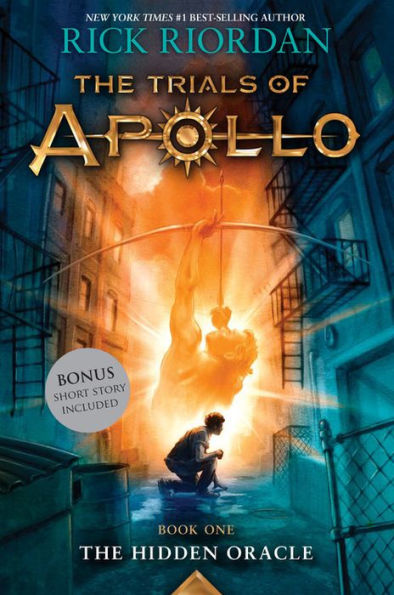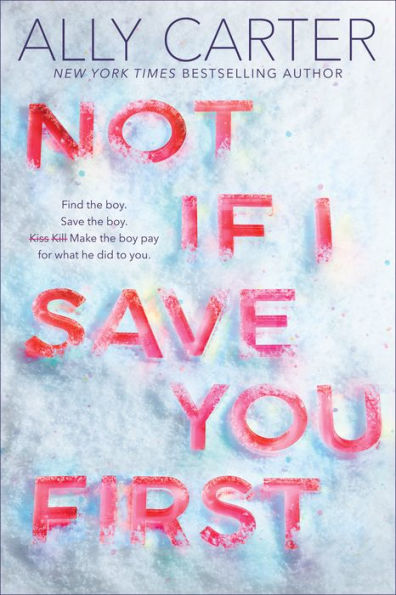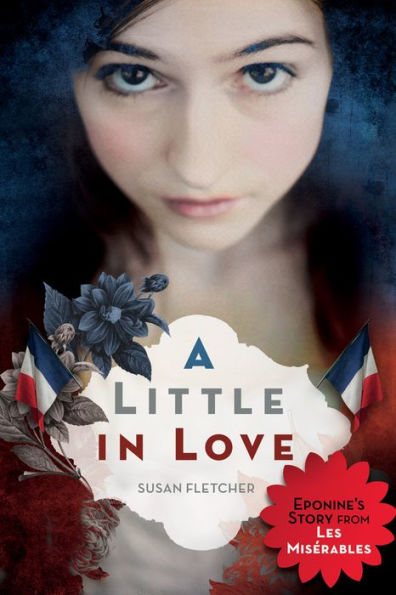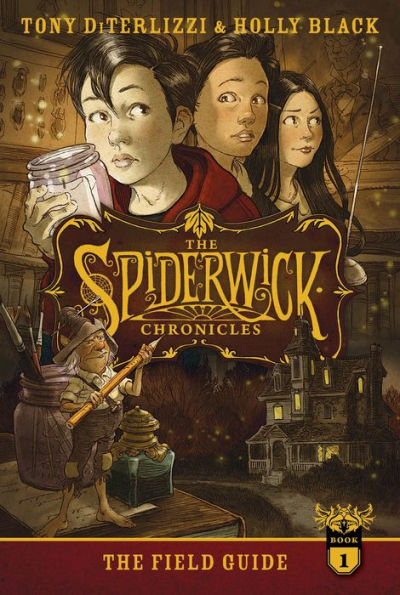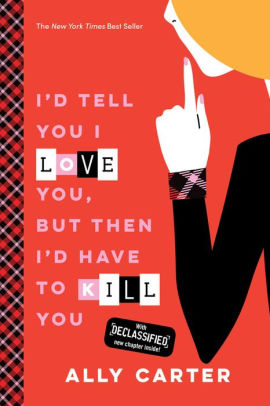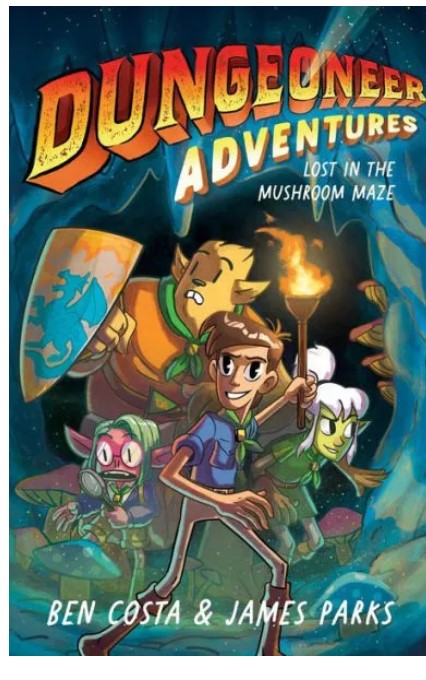Fireheart has fulfilled his heart’s desire and is now a full member of ThunderClan. Fireheart and his friend Graystripe have their paws full with being newly anointed warriors. But Fireheart cannot forget WindClan’s disappearance. Soon he and Graystripe find themselves on a mission to go find WindClan. It is a perilous journey.
Adding more weight to Fireheart’s shoulders, is Graystripe’s secret romance. The two warriors have been given apprentices, but with Graystripe constantly sneaking off to meet a she-cat from another Clan, Fireheart is forced to train Graystripe’s apprentice in addition to his own. The weight of the world is on Fireheart’s shoulders, tensions are high between the clans, and rogue cats are threatening everything. In this exciting installment of the Warriors series, Fireheart faces not only an imminent battle, but betrayal from within his own Clan.
As the second installment of the Warriors series, Fire and Ice continues from where Into the Wild ended. The book continues to take the reader into the fantasy world of the cat clans. As readers progress through the books, they will become attached to the characters. Even though the story revolves around cats, the characters are relatable and deal with many human conflicts. The cats have to tackle issues relating to loyalty to oneself as well as others. Readers will relate to the characters who feel alone and different from everyone else. Fire and Ice contains mystery, good, evil, secrets, and love.
Fire and Ice matches the previous installment of the Warriors book with action, an important mission, and secret romance, creating a high-stakes story. The plot has several surprising developments. As readers get further introduced to the warrior social hierarchy with Fireheart and Graystripe’s new apprentices, they will fall in love with the characters and identify with them. Get ready for book three, Forest of Secrets, because readers will be clamoring for more after finishing Fire and Ice.
Sexual Content
- None
Violence
- While traveling back home through RiverClan territory, Fireheart and Graystripe get into a fight. “The RiverClan warrior raked his side with sharp claws. Fireheart twisted and bit into the fur of his attacker. He clamped his jaws tight and heard the warrior yowl, but the other cat’s claws only raked him more fiercely.” The whole fight takes three pages. One cat dies because they fell into the gorge while fighting.
- Brokenstar came to invade ThunderClan’s camp. The battle took five pages. “Fireheart leaped straight for Brokenstar and grasped the dark brown tabby with his claws. Life as an outlaw had treated the former Clan leader harshly-Fireheart could feel the ribs of the flea-bitten tom beneath his fur. Bur Brokenstar was still strong. He twisted around and sank his teeth into Fireheart’s hind leg. Fireheart yowled and hissed with rage, but kept his grip. Brokenstar struggled forward, scrambling with his paws on the frozen ground. Fireheart felt his claws raking along Brokenstar’s bony flanks as the rogue warrior ripped himself free. Fireheart lunged after him, but other claws were grasping at his hindlegs.”
- ShadowClan and RiverClan attacked WindClan. ThunderClan came to help in the battle that goes on for six and a half pages. “Fireheart spotted Morningflower wrestling with a ShadowClan warrior. The WindClan queen looked exhausted and frightened, her fur standing in ragged clumps. Still, she nimbly turned and scratched her attacker, but he was much bigger and knocked her easily to the ground with a heavy blow. With a howl, Fireheart leaped and landed squarely on the shoulders of the Shadowclan tom. He clung on when the surprised warrior spun and tried to shake him loose. Morningflower raked the tom with her claws as Fireheart dragged him to the ground. The ShadowClan warrior screeched and ripped himself free. He ran into the prickly camp wall and pushed his way through.”
Drugs and Alcohol
- None
Language
- When angry, the cats occasionally call each other terms such as mouse dung, crowfood, furball, and mouse brain. For example, Bluestar got angry and said, “What a mouse-brained fool.”
- Two cats were in an argument, and one said, “You’re a mouse-brained fool.”
Supernatural
- None
Spiritual Content
- StarClan is the heavenly tribe of dead warrior cats that watches over all the cat clans. Cats that die go to StarClan and can come back in dreams to share visions or prophecy. StarClan can help shape fate because they can see the future.
- StarClan must accept new leaders. “Hasn’t he been accepted by StarClan yet?”
- StarClan sends Barkface, the medicine cat, a message saying, “There is trouble ahead. This day shall bring an unnecessary death.”
- A Clan leader gets nine lives. Bluestar lost one of her lives, and now she only has one more life left.
- StarClan got angry that cats were fighting at a gathering, so they sent clouds to cover the moon. “StarClan sent clouds to cover the moon.”
- A cat had to go and find a patrol and Fireheart said to him, “May StarClan go with you.”
- When there was a warrior ceremony, Bluestar said, “Then by the powers of StarClan, I give you your warrior names.”
- Spottedleaf, the dead medicine cat, came to Fireheart in a dream and said, “A battle is coming, Fireheart. Beware a warrior you cannot trust.
by Paige Michelle
